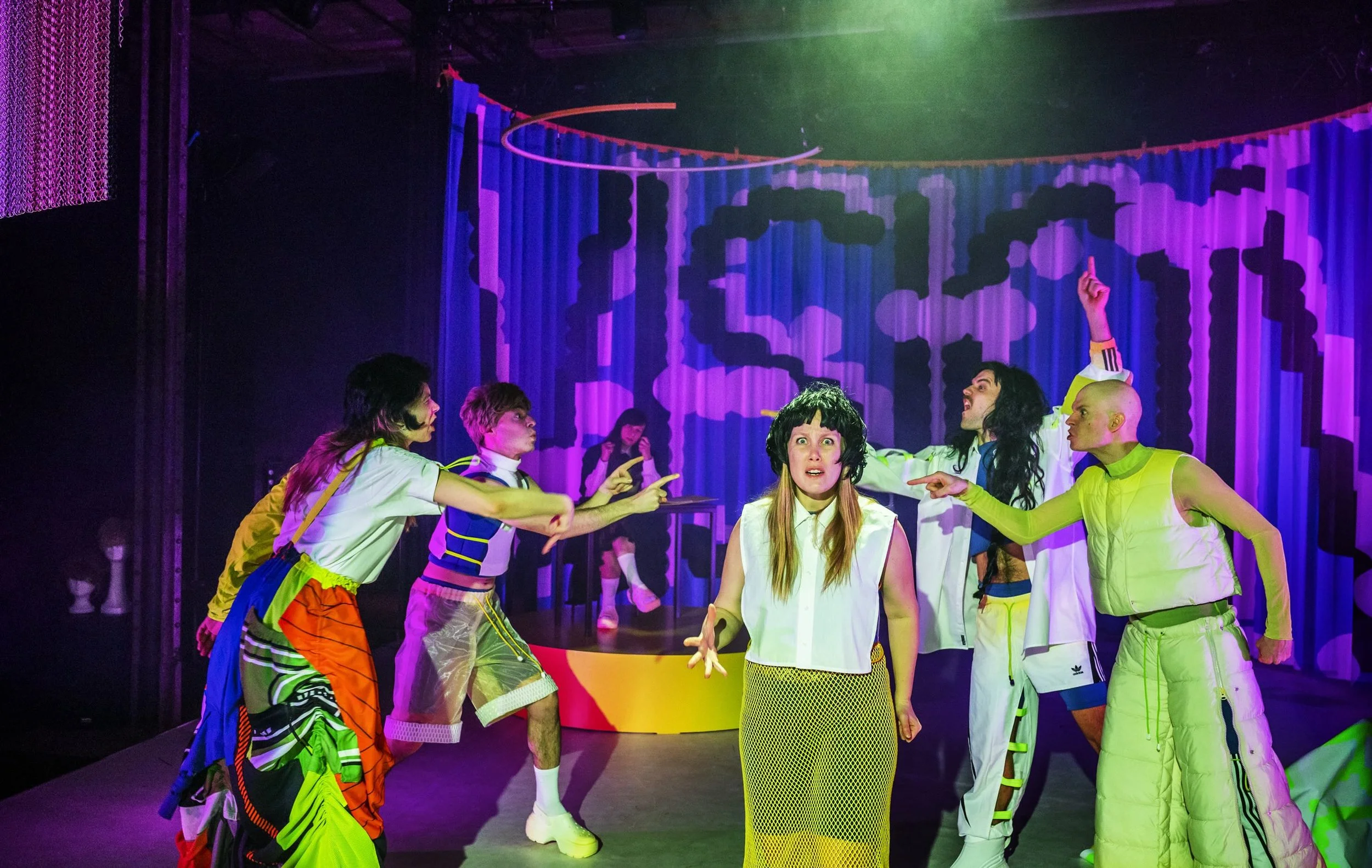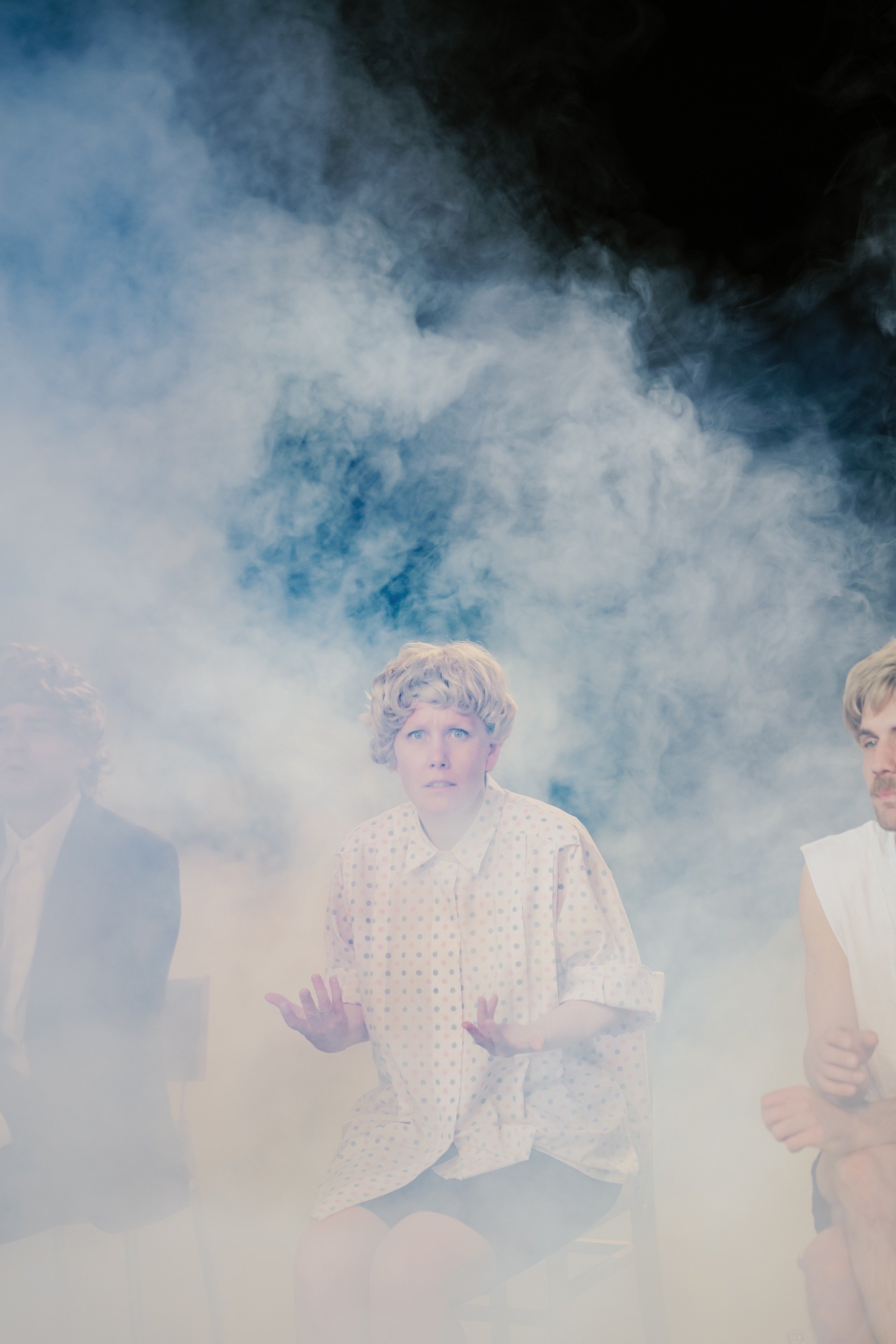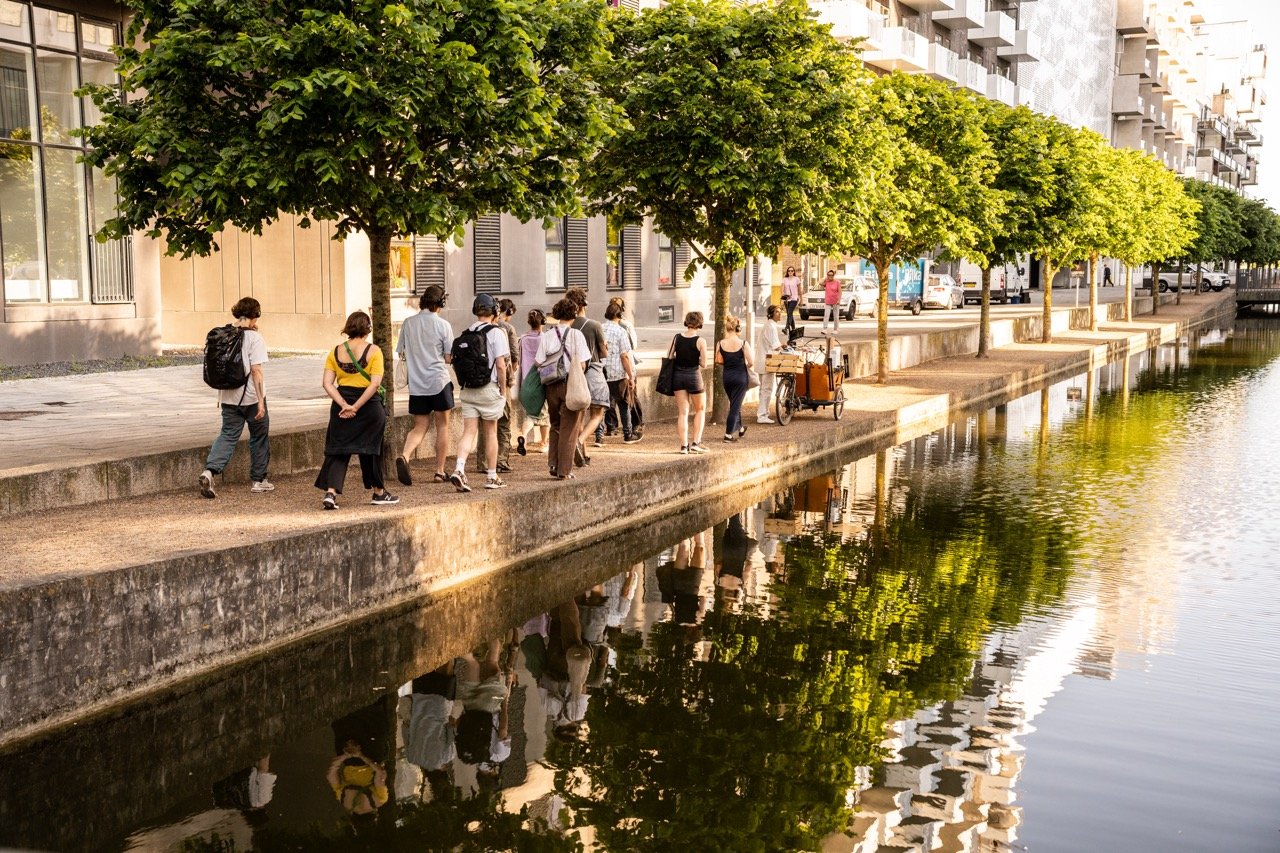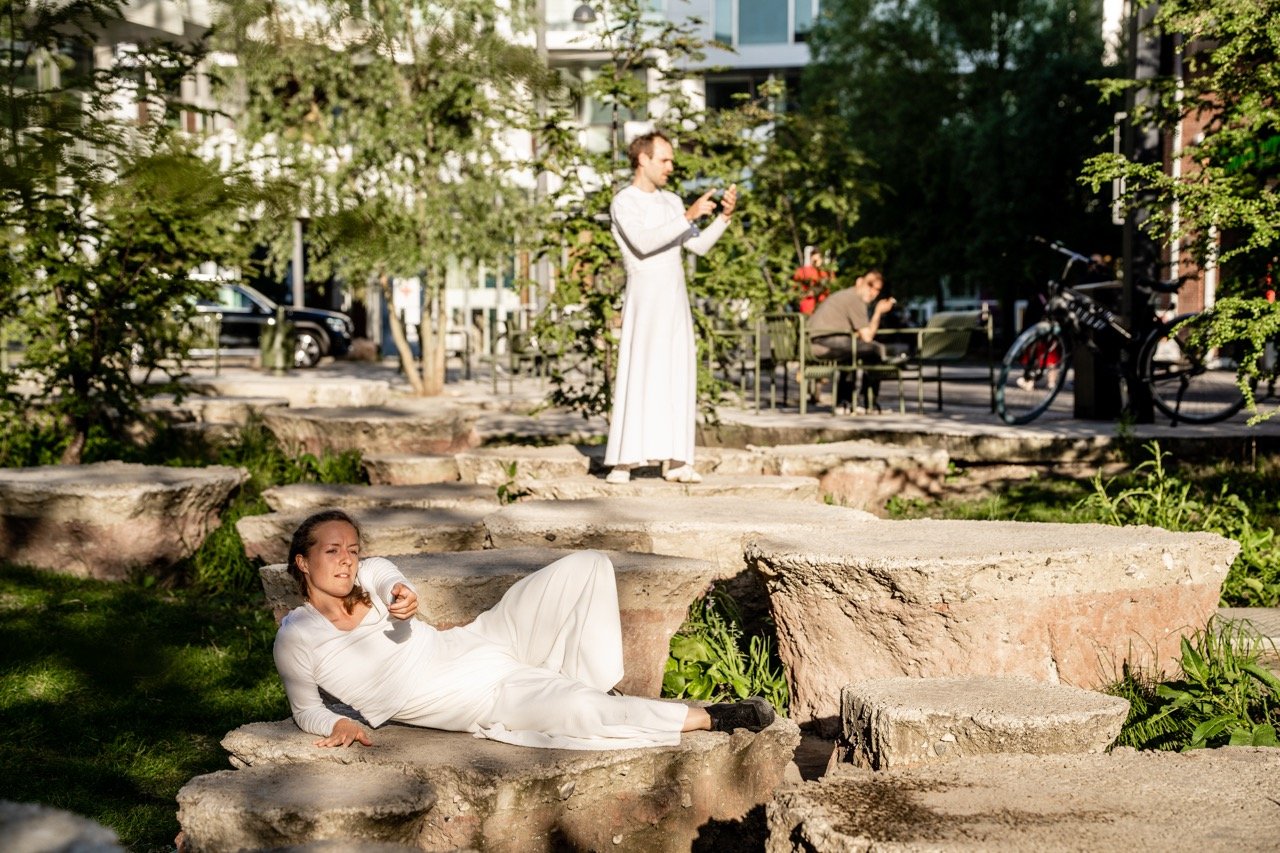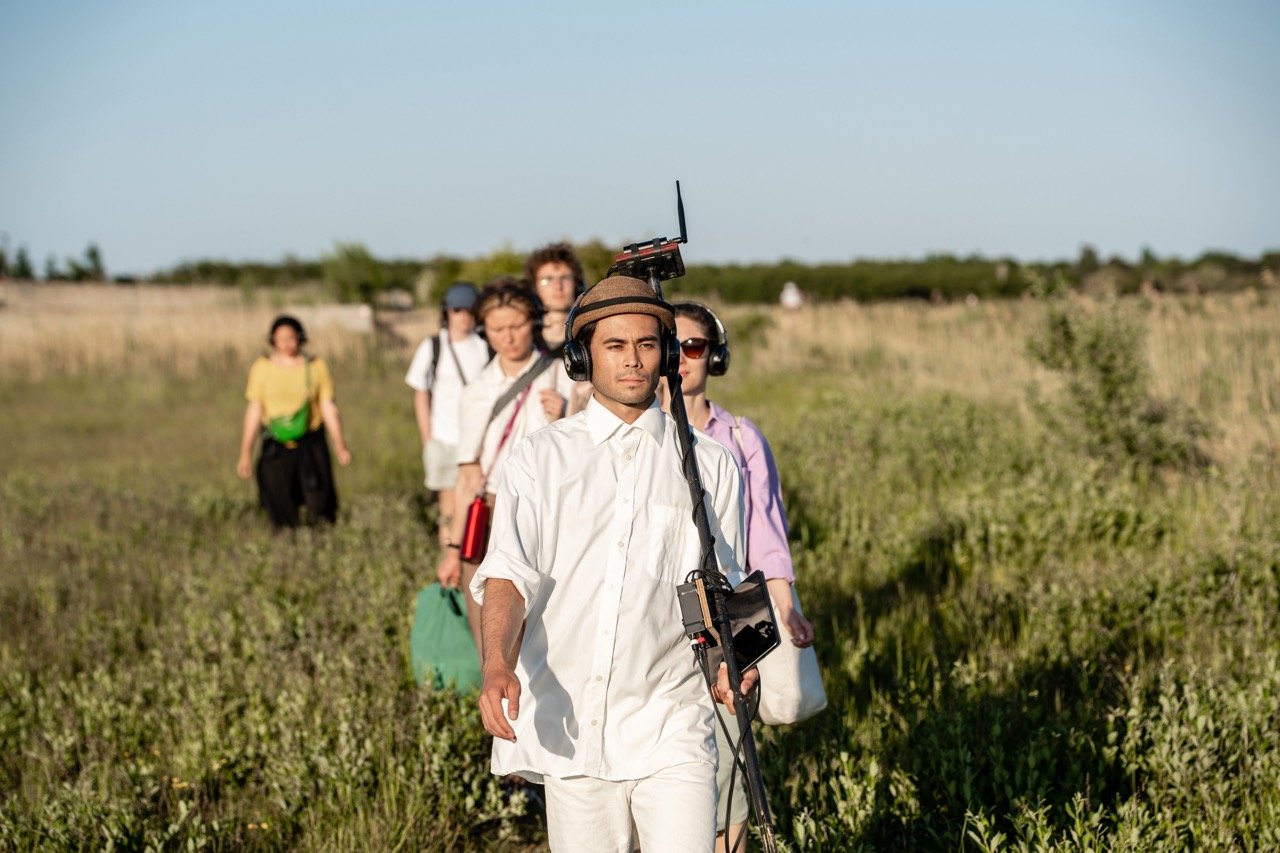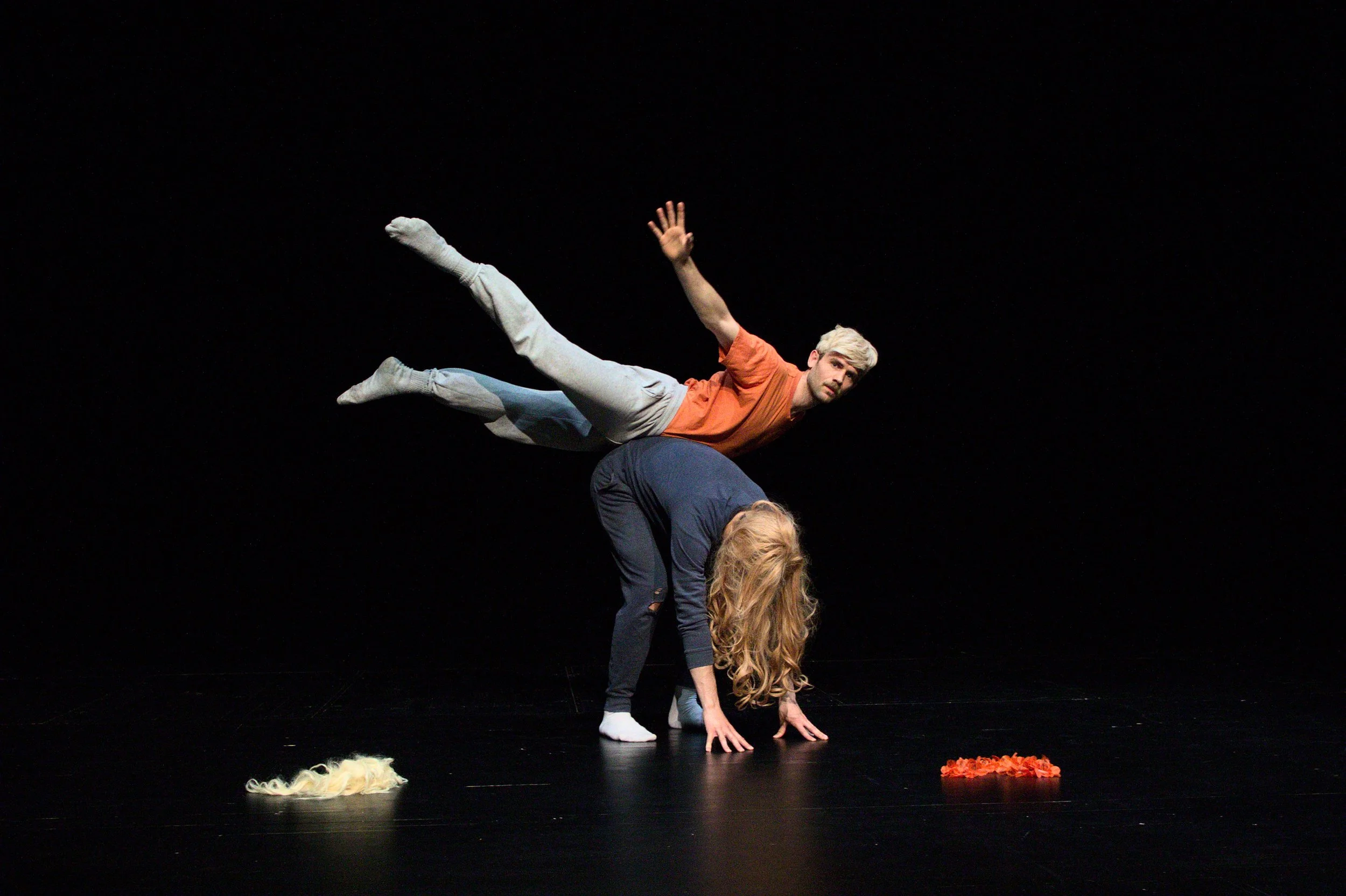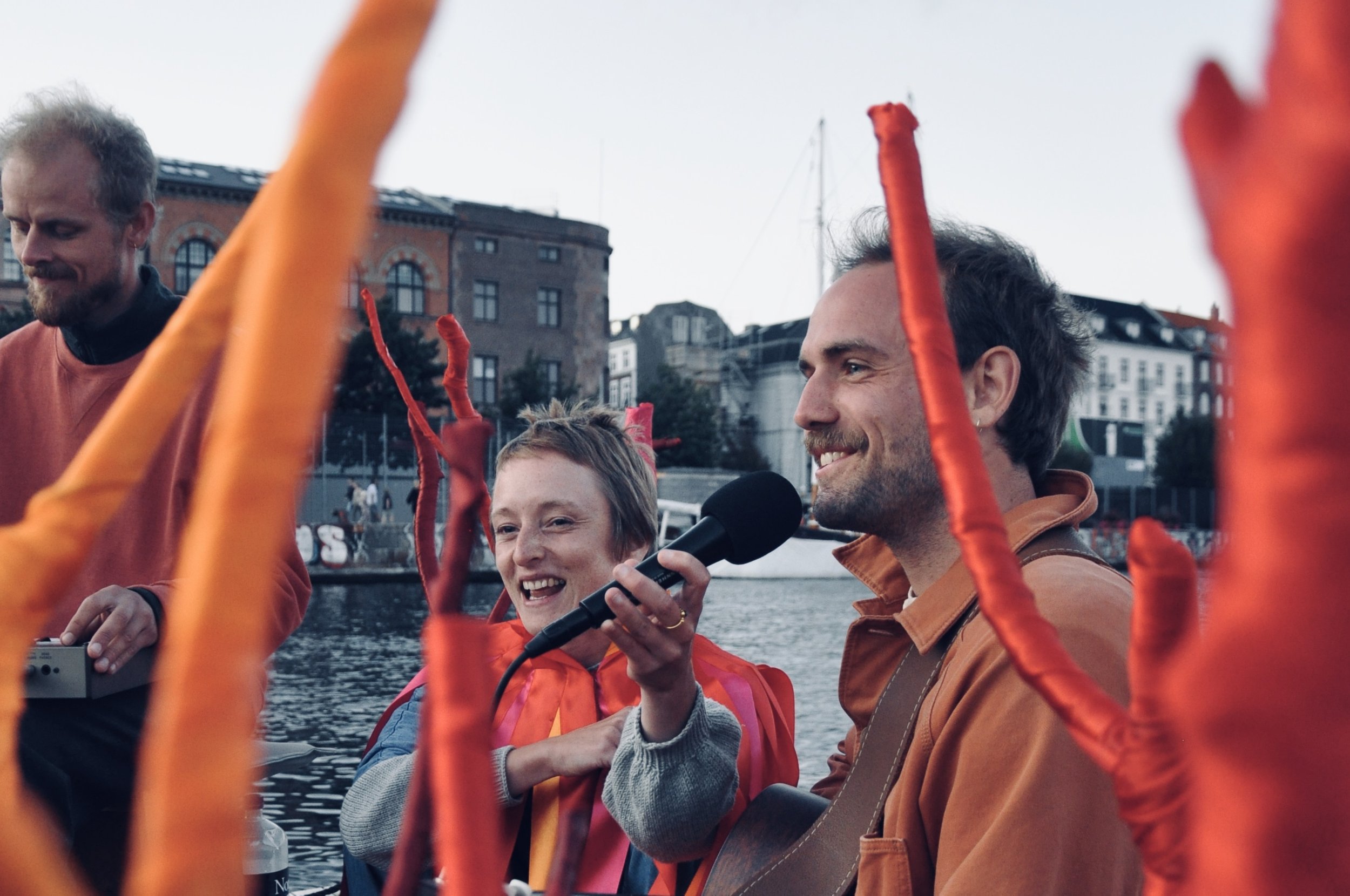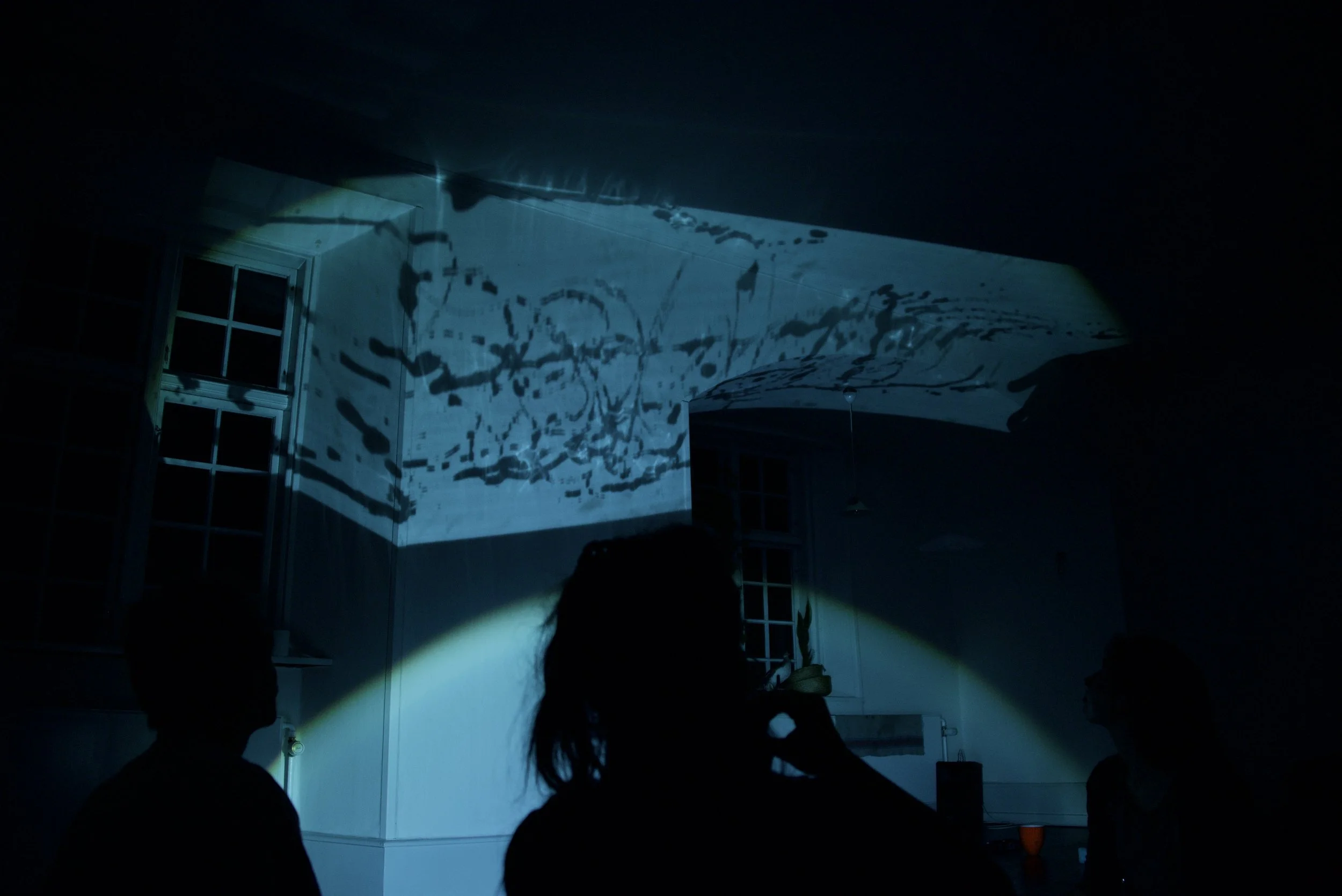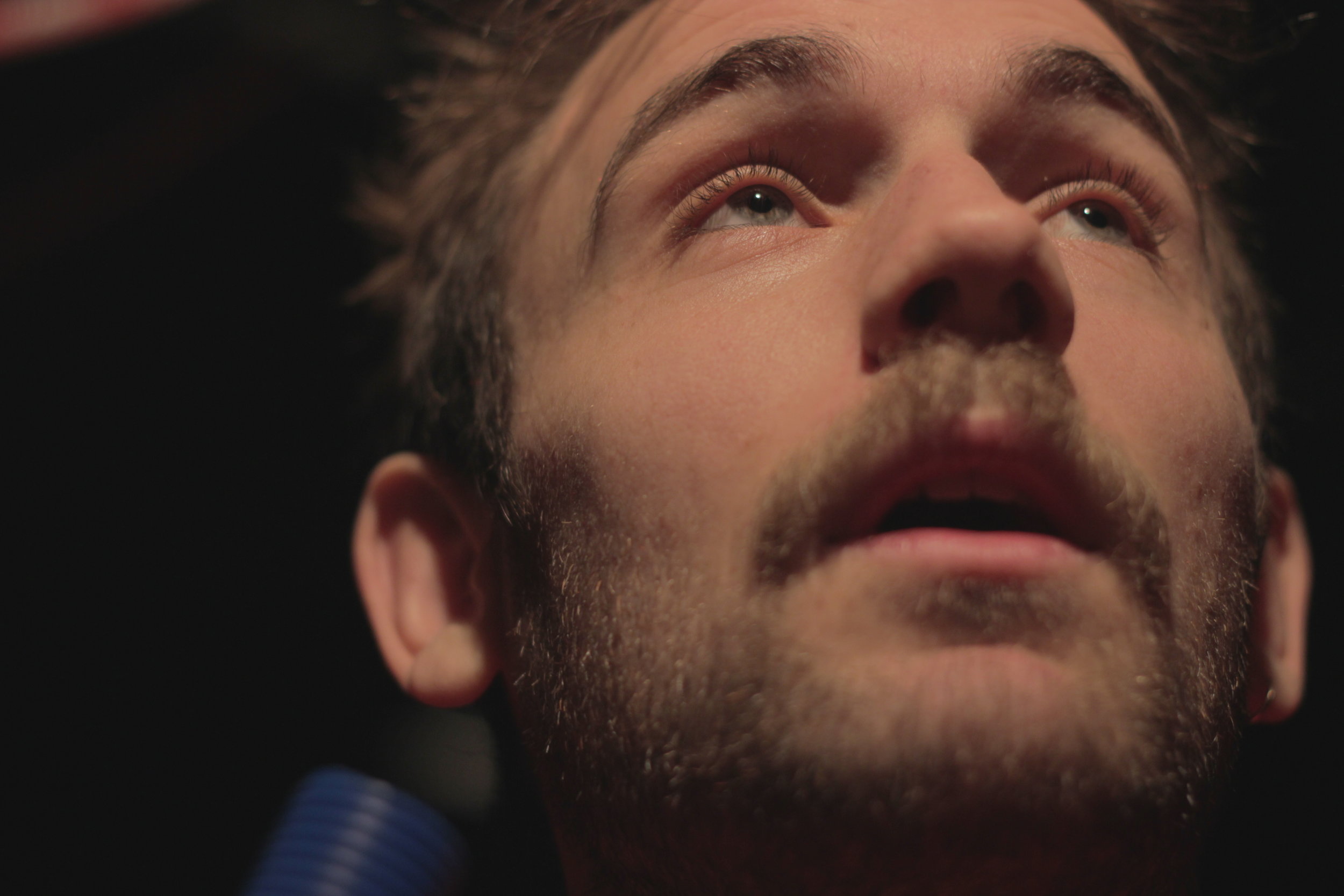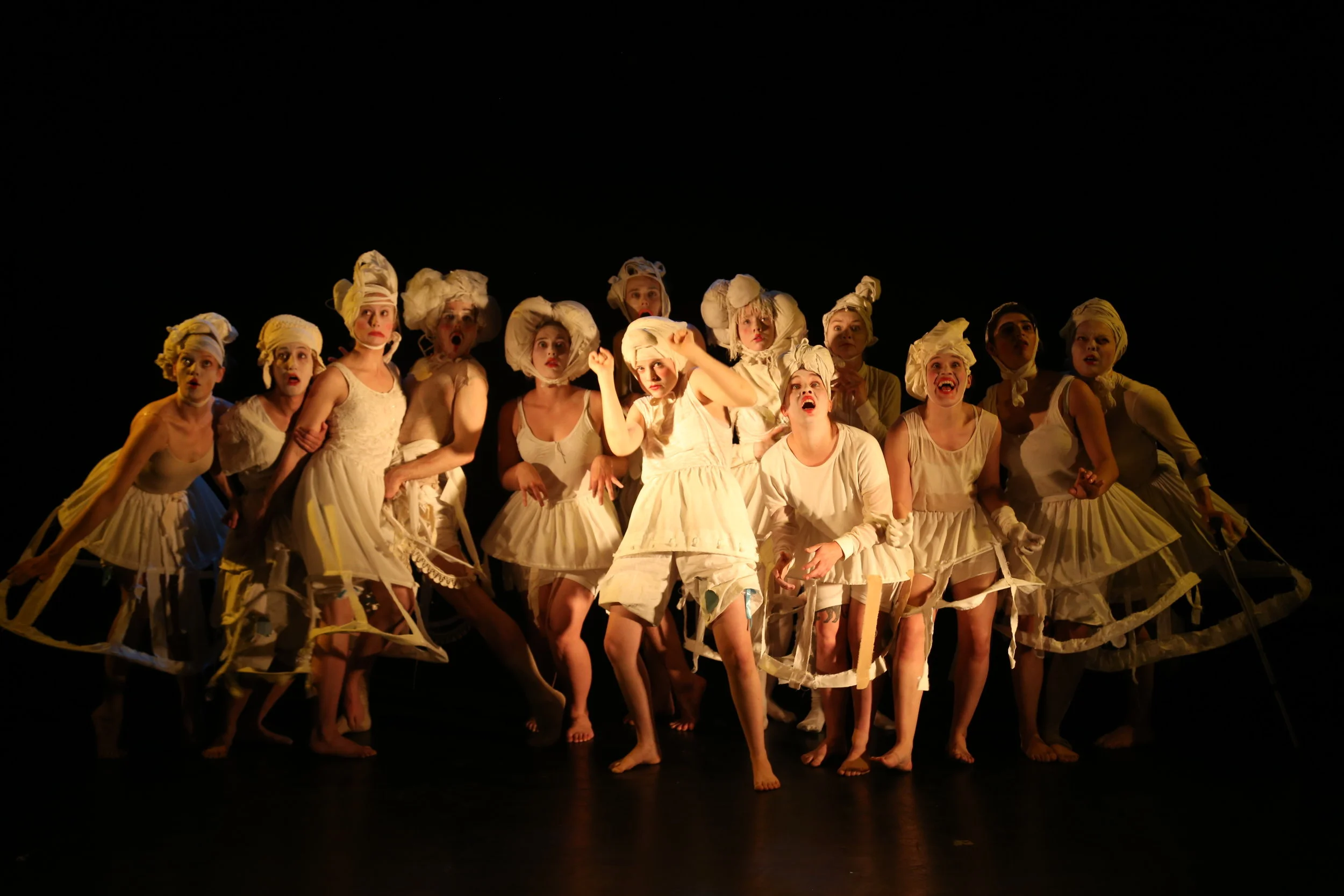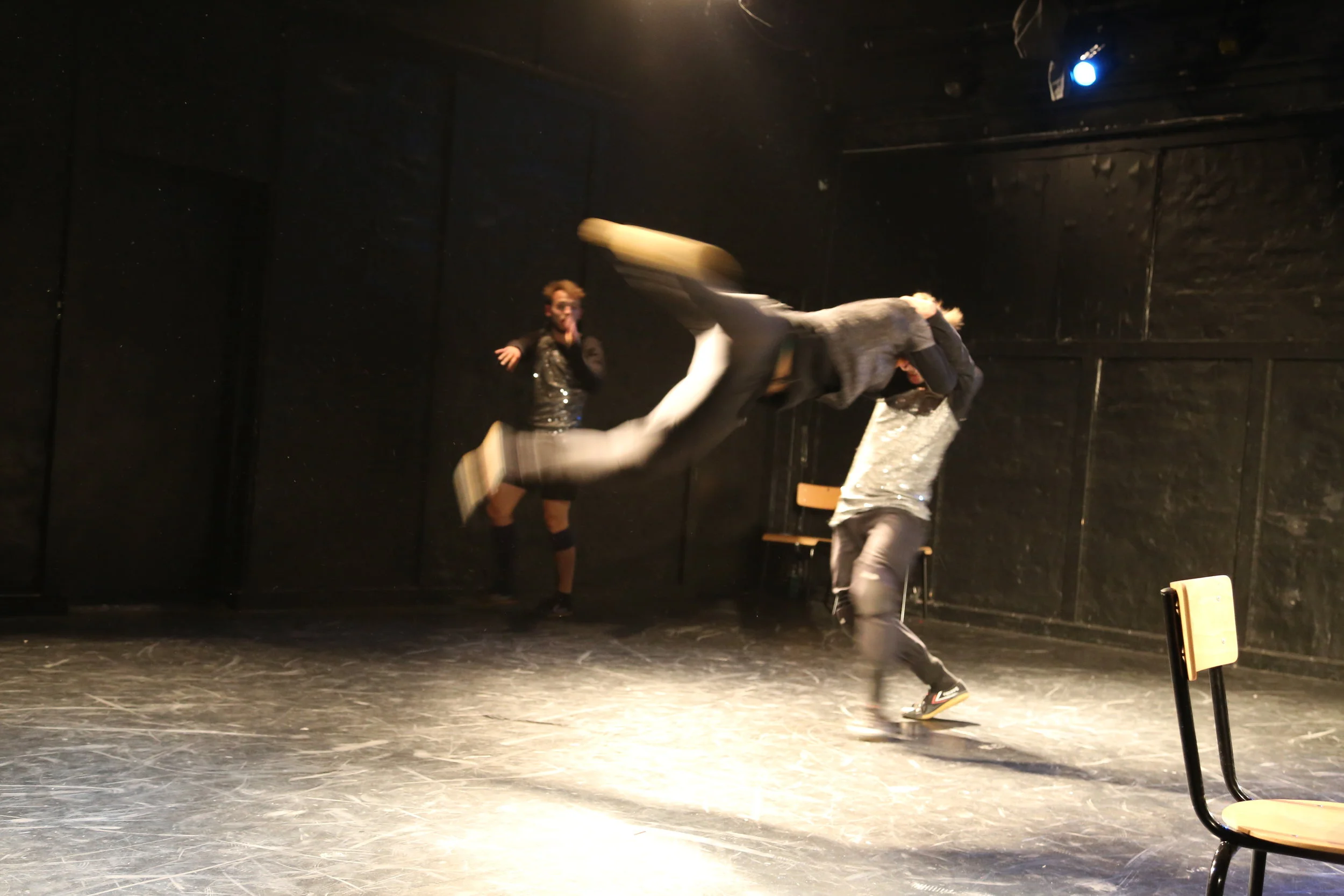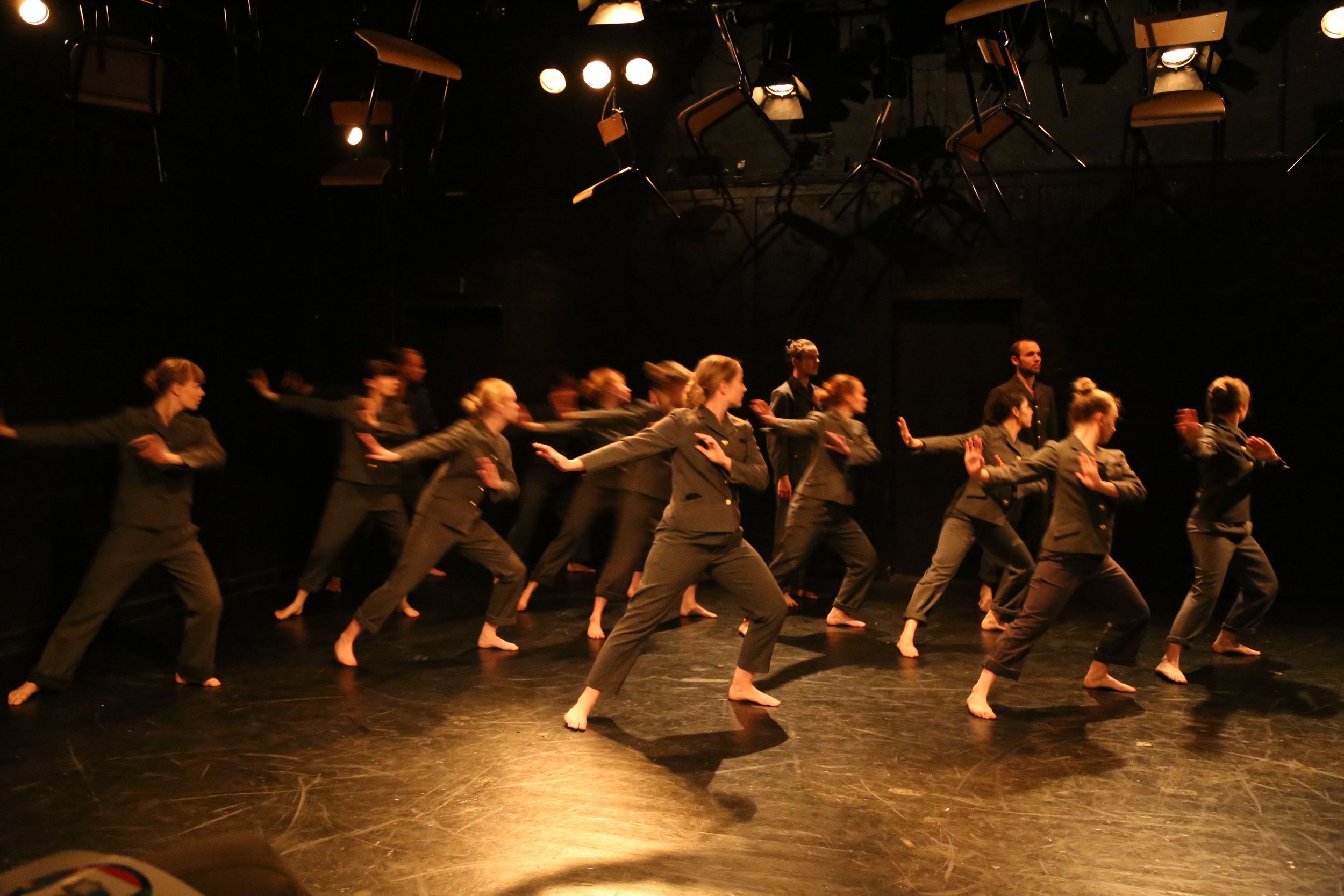In 1989, the Berlin Wall fell, and Europe (as they say) began to "grow together." To celebrate this, the Western European states invited three countries from the former Eastern Bloc to participate in the so-called Eurovision Song Contest in 1993. Many know Eurovision as the first jointly organized European music competition. However, the first joint music competition between East and West actually took place in 1968 in Karlovy Vary, Czechoslovakia, initiated by the Eastern European states.
At the height of the Prague Spring, Eastern European broadcasters extended an extraordinary invitation. They invited Western European countries such as Austria, Belgium, Finland, Spain, Switzerland, and West Germany to join them in their annual singing competition „Intervision“.
The 1968 Intervision reminds us that the story of European reunification is not solely one of Western generosity. It challenges the popular narrative of a "benevolent West" graciously offering the East a seat at the table. Instead, it reveals a vision of unity that was shared - and driven - by both sides. More than that, Intervision serves as a powerful example of how nations and ideologies can bridge divides, even in times of tension. It was a vision that resonated in 1968, and it remains relevant today.
We have assembled a European team from the Czech Republic, Poland, Germany, Denmark, Norway, Northern Italy, and Sweden to explore what this lesser-known competition, Intervision, was like: How did the singers from different countries meet and interact with each other? What conflicts arose during its broadcast? And why has this event faded so thoroughly from our collective memory?
Today, we are once again witnessing how East-West (and other) conflicts influence Eurovision and complicate the utopia of a non-political, joyful broadcast. In 2022, following Russia’s invasion of Ukraine, Russia was banned from participating; currently, the suffering of Palestinian civilians in the war between Israel and the Hamas terrorist group has sparked calls for boycotts. Since the 2000s, Western European countries have frequently accused Eastern European countries of favoring their neighbors in voting or discriminating against queer artists like Conchita Wurst (2014) in the scoring. Yet Eurovision has also become a celebration of queer identity, sometimes referred to as the “Gay Olympics,” thanks to queer Eastern European icons like Verka Serduchka. International singing competitions like Eurovision or Intervision are, of course, political—but, much like sports competitions, they are officially not allowed to be. How do we deal with this contradiction?
We want to take a closer look at Intervision and search for possible answers. Researching Intervision is no easy task. Much of its history has been lost, due to the occupation following the Prague Spring and the dissolution of Eastern Bloc institutions after 1990. Czech film archives hold little material about the event and in Germany, the reunification years saw the erasure of much of the GDR’s rich pop-cultural memory. By delving into the story of Intervision, we hope not only to illuminate a forgotten moment of cultural unity but also to reflect on the challenges and possibilities of collaboration in our own divided world.
Credits
By and with: Ragni Halle (NO), Livia Hiselius (SE), Markéta Hrehorová (CZ), Gregers Hansen (PL/NO), Jakob Krog (DK), Simon David Zeller (DE)
Idea & Performance: BOYS* IN SYNC
Dramaturgy: Markéta Hrehorová
Stage & Costume: Johanna Ralser
Music: Tobias Orzeszko
Sound: Dominik Kaiser
Light: Sebastian Elster
Stage technician: Isaak Künzel
In co-production with Residenz Schauspiel Leipzig, in collaboration with Kaserne Basel, funded through FFUK Norway and the German Fonds Darstellende Künste.
Photos: Rolf Arnold









































